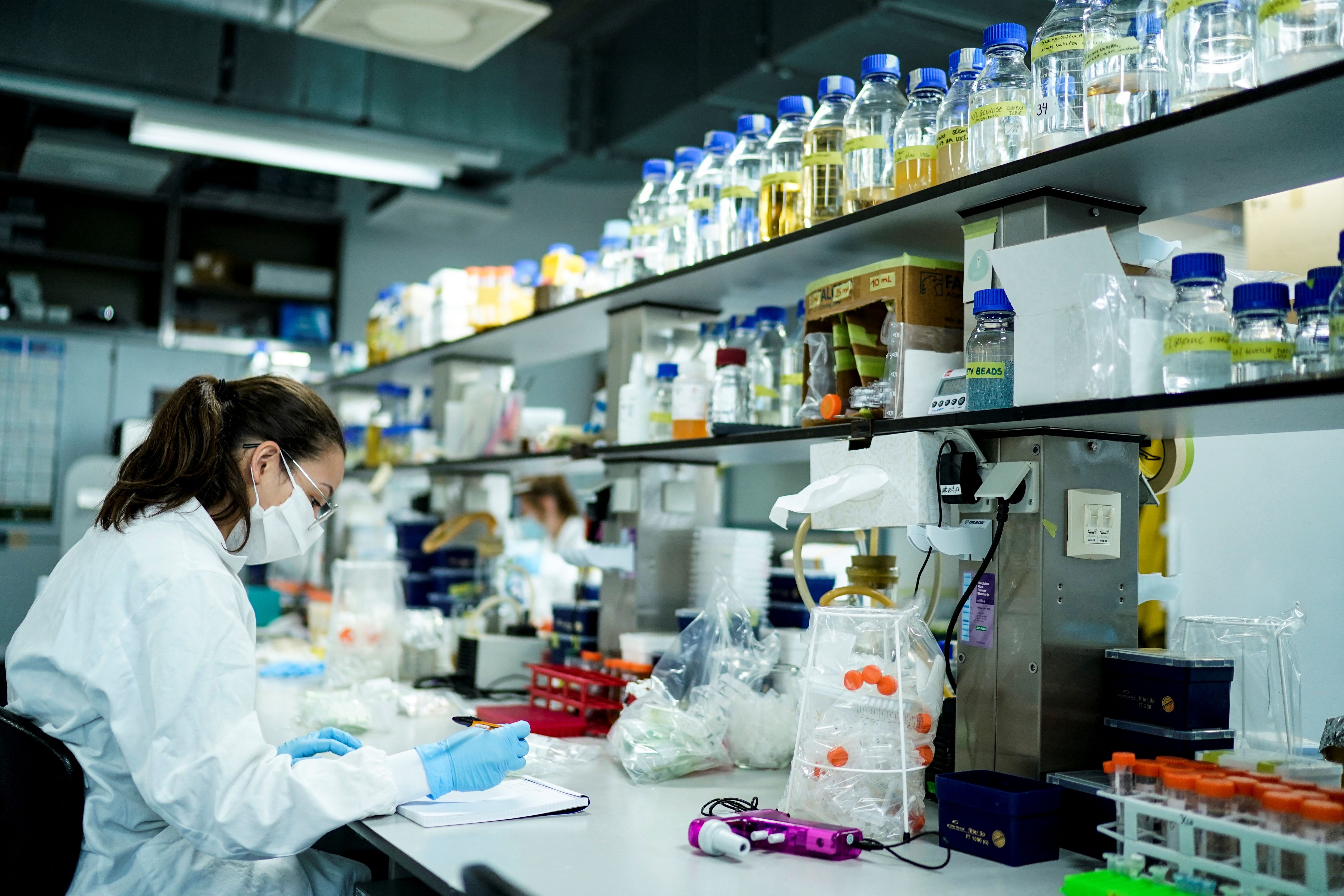Study raises hopes of major step forward in curing type-1 diabetes

A study by several international research centres has raised hopes of a major step forward in curing type-1 diabetes. For the first time, subcutaneous implants have been shown to produce enough insulin to stabilise blood sugar levels. This is reported by the Diabetes Research Centre of the Vrije Universiteit Brussel (VUB) and UZ Brussel hospital.
Type 1 diabetes can occur at any age but is the most common form of the condition in people under 40. The condition causes a loss of beta cells in the pancreas, which can no longer produce insulin. There are an estimated 600,000 people in Belgium with diabetes.
Possible treatments include insulin administration, which can lead to severe complications, or transplantation of the lost beta cells. The latter has proven to be an effective therapy in previous studies, but there is a shortage of donor organs. In the future, implants derived from human stem cells may be able to overcome this shortage.
Several research centres investigated to what extent an implant can produce insulin to avoid fluctuations in blood sugar levels.
In three out of 10 patients studied, the subcutaneous implant led to sufficient insulin production to avert large fluctuations in glucose levels. "In seven patients, we noted no clinical improvement. The analysis indicated how the outcome could be improved," says Bart Keymeulen, VUB professor and head of the Diabetes Clinic at UZ Brussel.
The results were published in the scientific journal Nature Biotechnology. The centres involved were City of Hope, the University of British Columbia, the University of California, Davis, the University of Minnesota and VUB.
#FlandersNewsService | © PHOTO KENZO TRIBOUILLARD / AFP
Related news

